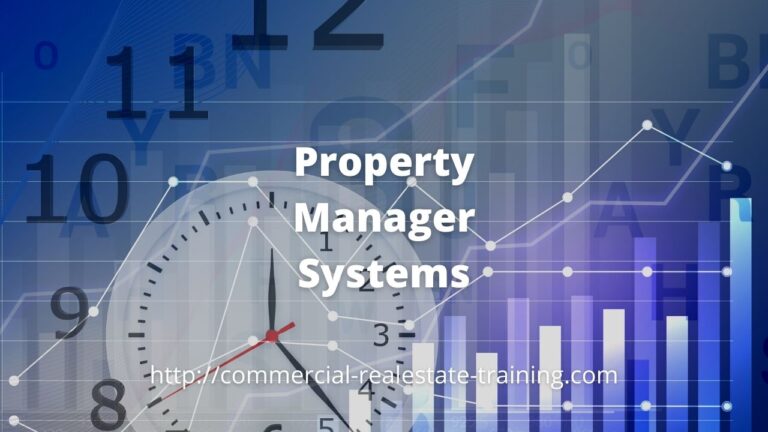Key Ways to Plan Shopping Center Outgoings
Operational costs and outgoings in a shopping centre can be very high when you compare them to office and industrial property. They will also have significant impact on rental returns for the landlord. Retail Property Managers should plan their outgoings budgets well.
When you look at the overall costs to run a retail property, there will be some costs that are controllable, whilst others will be uncontrollable. To define them specifically here are some comments:
- Controllable outgoings are those that you can control as to timing and amount. You have some ability to get the costs into a plan of expenditure. They can for example be maintenance contracts, certain repairs, and ongoing preventative maintenance.
- The uncontrollable costs are those that are going to occur each month or year, and will have to be paid regardless of anything else. Typically they will be municipal rates and taxes and services costs. Those costs will have to be paid on time.
So it is the case that both of these cost factors should be managed within a budget for the retail property and the landlord. Every bit of expenditure for the property during its budget year should be identified, planned and considered. That analysis becomes a critical part of the property business plan. The retail shopping centre manager should administer the business plan and the budget on a monthly basis throughout the year. The variances between actual expenditure and budgeted outgoings should be tracked so that any adjustments can be made.
It’s not unusual to see pressures from the local area and the economy impact the budget for the Retail Property. Those pressures will come through business sentiment, rental incentives, market rental, customer sales, and vacancy factors. That is why a monthly budget assessment is required when it comes to both income and expenditure. Most shopping centre managers would track the budget on a monthly basis and make the necessary adjustments on a quarterly basis. The business plan for the property would be adjusted accordingly.
Here are some ideas to help you plan the outgoings process for your shopping centre. You can adjust these ideas relative to your location and property size:
- Understand the rentals of the tenants as they apply today. Some of those rentals will be net or gross by type, and will need to be assessed accordingly. The gross rentals should be suitably inflated for the impact of operational outgoings on the landlord. The net rentals should be monitored to market, whilst the outgoings categories within each net rental lease should be structured for the best levels of cost recovery. To do this, the landlord should consult with a good solicitor experienced with property documentation and lease strategy. Certainly the shopping centre manager can help with the process and the trends of the local market.
- Look at the average trading year for the shopping centre. Understand the timing of the uncontrollable outgoings as they apply to the property. As mentioned earlier, they are typically the municipal rates and taxes that need to be paid on time on behalf of the landlord. It may be necessary to withhold rental income from the landlord to pay for the municipal rates and similar charges in a timely way. Failure to pay on time will see fines incurred. All the more reason for a budget to control the process.
- Review similar properties in the local area for levels of expenditure and net income. You will see that there are industry standards that apply to properties of different types and sizes. The performance of your property under management should be well placed within the averages of the industry when it comes to income and expenditure. Shopping centre managers will usually share expenditure information and operational costs on a reciprocal basis.
Separately code all of the expenditure activity accurately for the property throughout the year. This then makes it a lot easier to assess property history and property performance. It also helps you when it comes to comparing one property to another.





